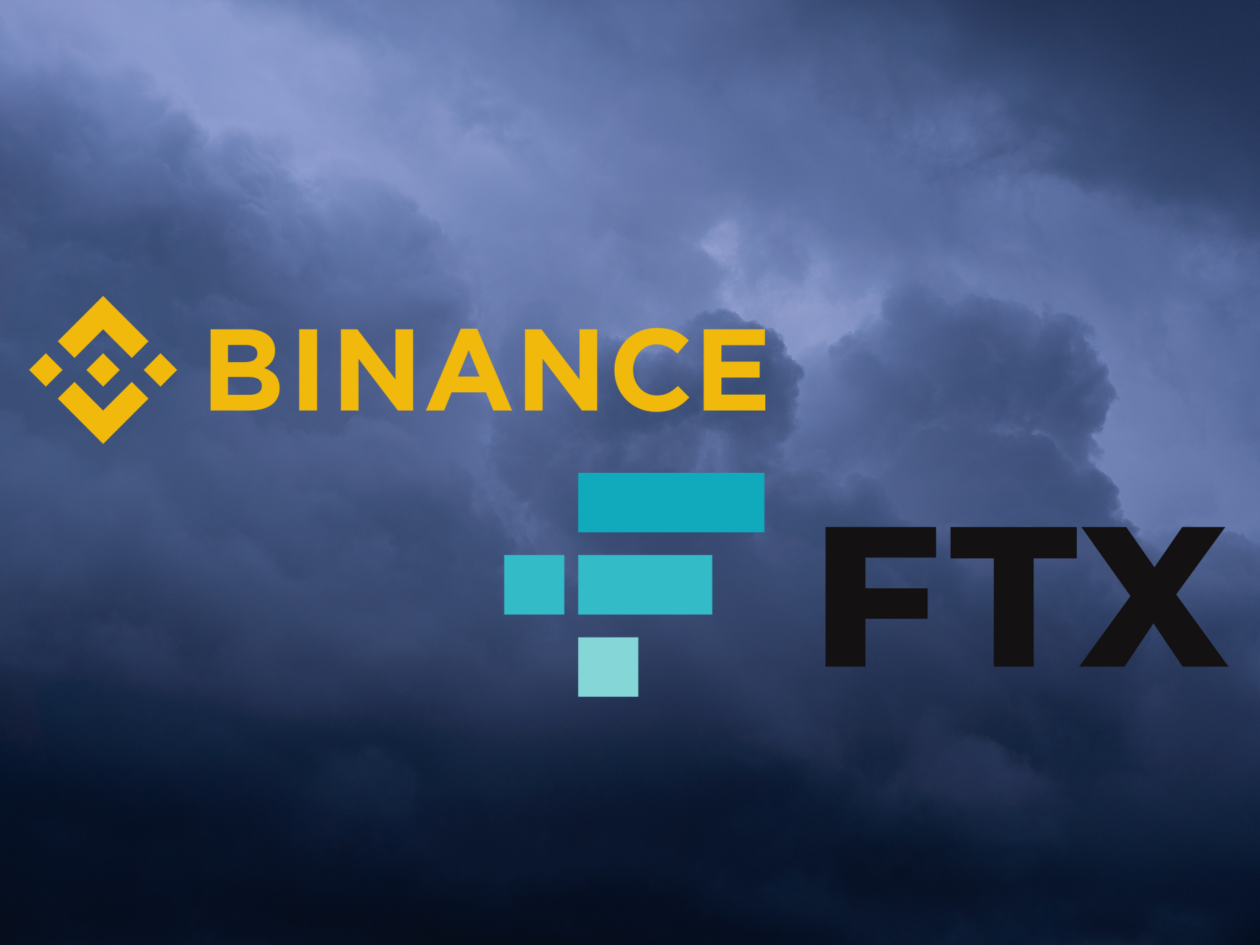The following is a running compilation of views and comments on Binance Global Inc.’s takeover of the FTX.com exchange amid speculation of solvency problems at FTX — one of the world’s most prominent cryptocurrency businesses.
Fast facts
- Henry Liu, chief executive officer of BTSE crypto exchange, told Forkast in a video interview that the aftermath of the FTX deal remains forthcoming: “I think in the short term the results have yet to be fully felt. It’s a combination of all these things. There are, like FTX as a company, has done a very large job in the scale of what they what they’ve built. They had their arms and fingers in almost every basket … the project they invested in their investors and the companies that keep their funds and their operating expense budgets on the exchange that work in crypto, smaller crypto firms, all of them are going to feel the shock. Even large ecosystems they support. Solana, for example. We’re seeing the after effects of that even later today. I think in 20 hours or so, 14 million of Solana is in queue to be unstaked.”
- Liu, however, says in the long term, this could be a good lesson for all of crypto: “I think there will be more calls for regulation. I think this will be taken as a precedent, as a big case study. So that’s why we have to as an industry, review it very carefully and understand what can be learned out of this … If there were mistakes made and more strict regulation comes from this, that probably is a good thing for us long term.”
- Jesse Powell, cofounder and CEO of Kraken, said on Twitter that government authorities might step in next: “The deal is sure to draw significant scrutiny. There are a lot of allegations flying around and M&A might pressure a govt move, or look like a convenient 2-for-1 opportunity.”
- Brian Quintenz, former commissioner at the U.S. Commodity Futures Trading Commission and advisory partner at Andreessen Horowitz (a16z), said on Twitter: “The evil financial trinity of centralization, leverage (collateral), and opacity keep finding ways to blow things up. Until now, regulation was the only solution. DeFi presents a new one.”
- Do Kwon, co-founder and CEO Terraform Labs, said on an UpOnlyTV podcast on Twitch that he thinks Bankman-Fried should move on from the situation: “I’m assuming the sale price is at a reasonable discount to whatever the private funding round was, but if CZ steps in and makes users whole, there’s no reason why he [SBF] would be in any meaningful distress. He’ll probably move on to something else.”
- Justin D’Anethan, institutional sales director for the Amber Group, on the FTX investment arm Alameda: “So on the Alameda front, I think there are more serious concerns simply because they were borrowing funds from various lenders and probably in very large amounts. And so that means that if they do implode and blow up, those lenders will not get paid and that will ripple through crypto markets. With regards to FTX, the purchase by Binance or CZ hints at some kind of resolution.”
- Gracy Chen, managing director of Bitget, warns Binance may be “damaging the long-term interests of the industry”: “It’s highly unlikely that Binance will eventually succeed in acquiring FTX. It looks like CZ had a complete victory, but [Binance] will eventually pay the price for damaging the long-term interests of the industry … Acquiring FTX isn’t a valuable trade, and CZ’s goal is already achieved. Even if BN buys FTX, it’s [harmful] to industry and a humiliation to decentralization. For [Binance], it might be a short term victory written into a case study, but will backfire [Binance] in the long term.”
- Brian Armstrong, chief executive officer (CEO), Coinbase, said on Twitter that “more heavy-handed regulation” may be the result: “Part of the issue here is that regulators have been focused onshore in each of their respective markets, while customers have moved offshore to companies with more opaque and risky business practices … The temptation from events like these is to call for more heavy-handed regulation. This would just make the problem of crypto companies and crypto users going overseas worse.”
- Jeremy Allaire, chief executive officer (CEO) of Circle, said on Twitter that he’s disappointed to see a “Lehman Bros moment” in crypto: “This entire market cycle (down), has given us many opportunities to reflect on deep issues in the market. Lack of transparency, lack of counterparty visibility, and project treasuries and balance sheets anchored in speculative tokens are root causes … As someone who’s been involved in this industry for 10 years, it is disappointing that a technology that was spawned in reaction to the Lehman Bros moment of 2008 has given rise to its own version of the same. We can do better.”
- Kris Marszalek, chief executive officer (CEO), Crypto.com, says on Twitter that this again calls attention to the importance of transparency: “A sad day for the industry. This once again confirms that building with compliance and security as our foundational pillars is the right long term call … We recognise the importance of transparency and will continue to engage regulators to strengthen and safeguard our industry so that what has happened today is not repeated.”
- Fabian Astic, MD & Head of DeFi & Digital Assets, Moody’s Investors Service, says in a statement that in crypto, a liquidity crisis builds up much faster than in TradFi: “The limited transparency and uneven regulation in cryptofinance makes it harder for market participants to make decisions based on a standardized framework. As evidenced in the unfolding events in FTX, crypto players are reacting quicker to news and rumor, which in turn builds up a liquidity crisis much faster than one would have seen in traditional finance.”





